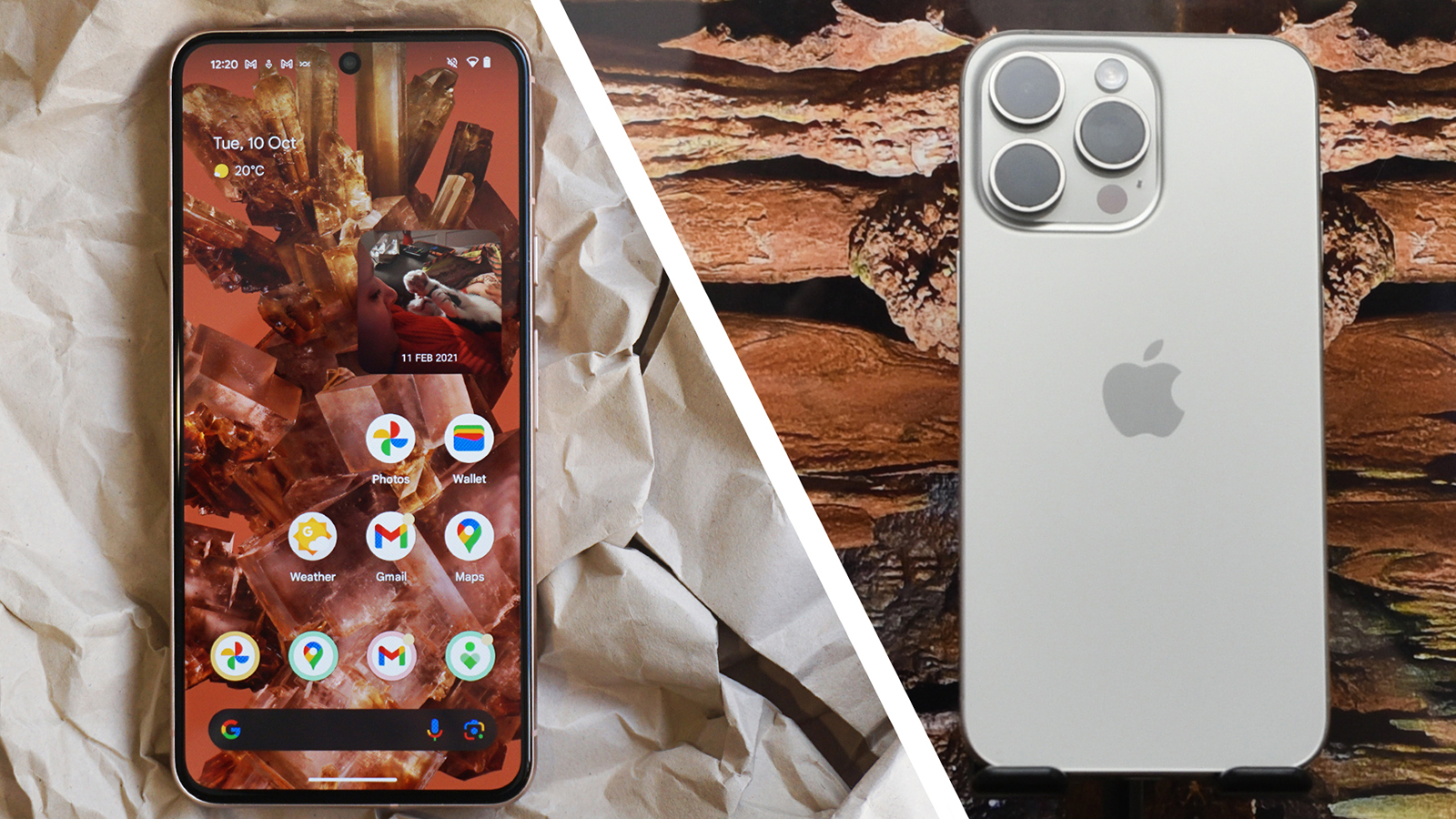iPhones and Android phones now have a lot in common, particularly since iOS 18 embraced customization in a big way. But one big area where they still differ is in resale values – with Apple's phones continuing to be better long-term investments than their Android equivalents, according to a new report.
A new survey from CIRP (Consumer Intelligence Research Partners) asked new phone buyers what they did with their previous phones. The standout stat was that 41% of iPhone owners turned their old handset into money by either selling it or trading it in, compared to only 17% of Android phone owners doing the same.
This stat is likely influenced, as CIRP notes, by the fact that iPhone owners typically have more invested in their pricier phones, on average – so are therefore more likely to sell them on. But separate data revealed that retired iPhones are also typically older than retired Android phones. And other reports back up the conclusion that iPhones do typically hold their value better than their rivals.
For example, 2024 data from the resale aggregator SellCell recently revealed that the iPhone 15 series had been depreciating at a much slower rate than rival 2023 flagships from the likes of Google, Samsung, and OnePlus. One notable example was that the iPhone 15 had an average price depreciation of 27.4% during its first three months, compared to a 43.5% drop for the Samsung Galaxy S23 series in its first few months.
Of course, not all iPhones are immune to price drops. A separate SellCell report in March revealed that the iPhone SE had a much higher price depreciation than other iPhone models – for example, the iPhone SE 3 series apparently lost around 65% of its value in the first 18 months following its launch. Alarmingly for SE fans, it actually lost 42.6% of its value in the first month after launch.
The flipside of this is that the SE range – and many Android phones – can offer great second-hand value if you're prepared to wait a little while. But if you like to buy your phones new and prefer to get the latest models, it seems that the iPhone continues to be the stronger long-term investment – and will give you more options when it's time to upgrade.
Why do iPhones retain their value?

There are a few different likely explanations for the resilience of second-hand iPhone prices, compared to Android. One is that aside from the SE series, iPhones are typically higher-end devices compared to the whole Android ecosystem – and that luxury reputation is reflected in their sell-on prices.
A related factor is the sheer number of Android models compared to the iPhone – the wide variety of Android models can dilute their appeal compared to Apple's tightly controlled lineup, which currently comprises only five models. Discounts on iPhones are also comparably rare, even during Black Friday, which can again help to slow price depreciation.
But other resale realities also play a part. Resell websites often buy used phones en masse and the availability of replacement parts like screens or batteries – and the knowledge of how to fix them – is simply wider for iPhones, again raising their appeal and prices in the second-hand market. That's particularly the case for the iPhone Pro series.
Still, resale values aren't everything – and if, like an increasing number of phone buyers, you're holding onto your phone for several years, then they're only a minor factor in which phone you buy. And with refurbished phones being more popular than ever, the sheer availability of phone bargains – whether you're on iOS or Android – has never been better.




0 Comments
If you have any doubts, Please let me know